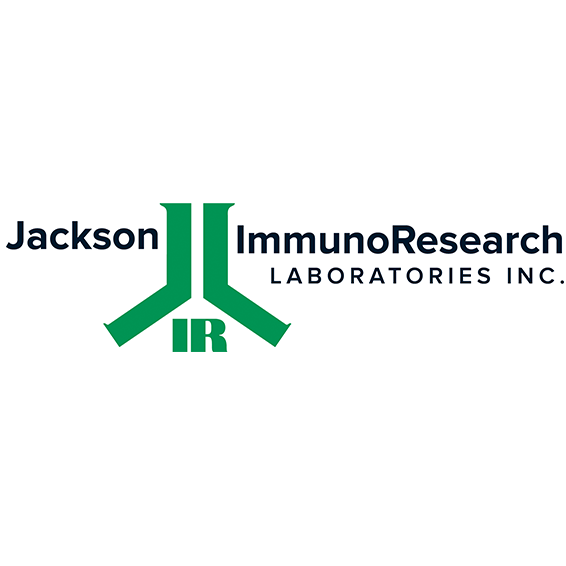Maus IgG anti-Human IgG (Fc)-Rhod. Red-X, MinX Bo,Ho,Ms

-
Übersicht
Artikelnummer 209-295-098 Wirtsspezies IgG-Form Spezies-Reaktivität Spezifität Isotyp Klonalität (Mono-/Polyklonal) Anwendung Durchflusszytometrie (Flow Cytometry), ELISA (Enzyme Linked Immunosorbent Assay), Immuncytochemie, Immunfluoreszenz, Immunhistochemie (Gefrierschnitte), Immunhistochemie (IHC), Immunhistochemie (Paraffingewebe)
Konjugation Maximale Anregung Maximale Emission Keine Kreuzreaktivität (MinX) mit Verdünnung Format 0,05% NaN3, 15 mg/ml BSA (IgG- und Protease-frei), 250 mM NaCl, affinitätsgereinigt durch antigenspezifische Affinitätschromatographie, in 10 mM PBS (pH 7,6), Lyophilisat
Anwendungshinweis Zweckbestimmung Produktlinie / Thema Hersteller / Marke - Datenblätter und Downloads
-
Weitere Produktinformationen
Based on immunoelectrophoresis and/or ELISA, the antibody reacts with the Fc portion of human IgG heavy chain but not with the Fab portion of human IgG. No antibody was detected against human IgM or IgA, or against non-immunoglobulin serum proteins. The antibody has been tested by ELISA and/or solid-phase adsorbed to ensure minimal cross-reaction with bovine, horse, and mouse serum proteins, but it may cross-react with immunoglobulins from other species.
Conjugate
RRX (Rhodamine Red-X) conjugates have a peak of excitation at 570 nm and a peak of emission at 590 nm. Although TRITC has been used traditionally with FITC for double labeling, better color separation is achieved by using RRX or Alexa Fluor 594. Rhodamine Red-X is particularly useful for 3- and 4-color labeling with DyLight 405, Alexa Fluor 488, and Alexa Fluor 647 by using a confocal microscope equipped with a 405 nm laser and a krypton/argon laser. Fluorescence from RRX lies about midway between that of Alexa Fluor 488 and Alexa Fluor 647, and it shows little overlap with either dye. The krypton-argon laser emits lines at 488 nm, 568 nm, and 647 nm, which are optimal for exciting Alexa Fluor 488, RRX, and Alexa Fluor 647, respectively. By adding a 405 nm laser and a 420 nm emission filter, 4-color labeling is possible using DyLight 405-conjugated secondary antibodies from Jackson ImmunoReseach. The separation between all four dyes is perfect for 4-color labeling, and all four dyes are very bright.
